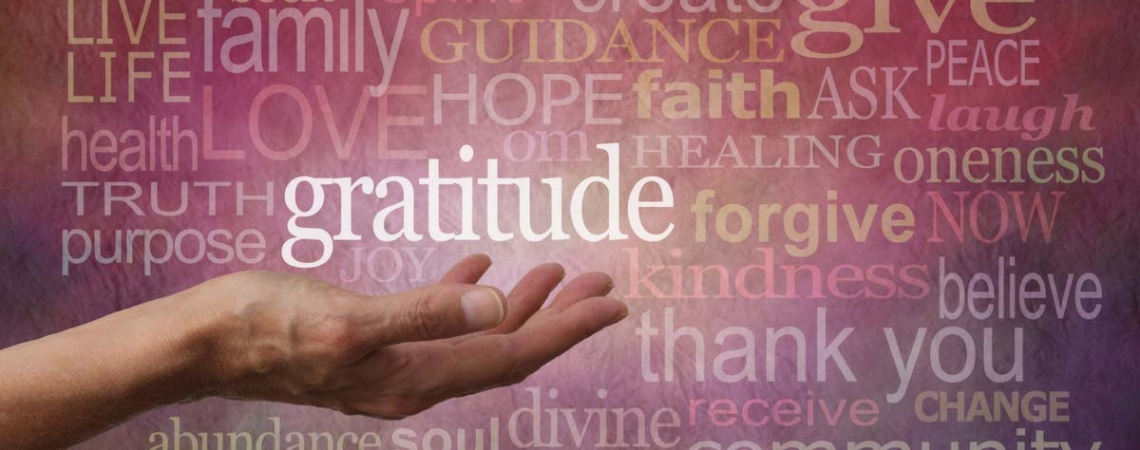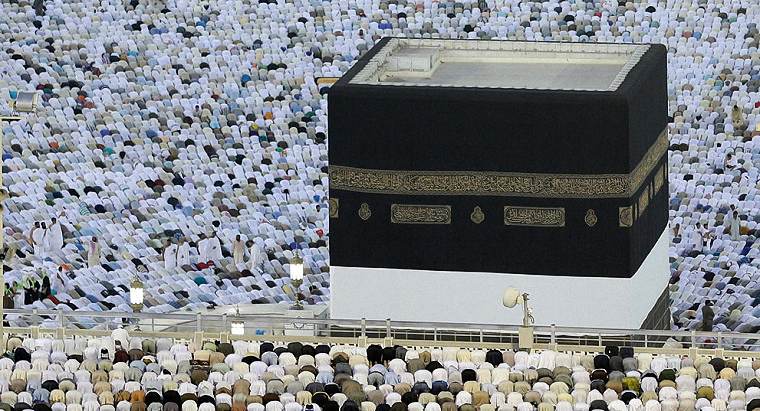
- September 12, 2018
- 171 views
- Author: Ilyas Nassief
- Category: Articles
- 1 Comment
A sad reality of many societies that have taken the path of materialism is the concept of “using people” or befriending others for the sole purpose of obtaining some material benefit from that person. Unfortunately because of this, many people are hesitant to help others because of the fear of “being used”.
How do we as Muslims deal with such realities in light of the guidance of our deen and the reality of such a mindset? No doubt, one of the fundamental differences between a Muslim and non-Muslim is the idea of rewards.
This verse and what precedes it is speaking about those who fear Allah and do good deeds for His sake, seeking His face and seeking Paradise. One of the great social benefits of this as part of ones character and etiquette is that one does not do good deeds for the people, or he should not be doing it only for the people, but ultimately for his Lord who rewards for such deeds.
We also know as believers that actions are judged by their intentions as the Prophet ﷺ told us in the Hadith of Umar. If we were to await rewards or reciprocation from people, we would always be reluctant to do good deeds and if we did, we would expect returns from the people and we would be disappointed if nothing is given. This is one on the fundamental differences between the Muslim and non-Muslim society.
Here is a short story about what occurred to me on a journey. Once, I arrived in a western country and was pleasantly surprised to find a man willing to help me with my luggage. With a smiling face, he took my two suitcases and placed them on a trolley. After putting down my bags, he turned to me with an outstretched hand demanding his pay. I was taken by surprise, and then I realized that I was dealing with someone ignorant of His Lord the Generous.
One of the problems that we as a community have is taking for granted people’s acts of kindness and generosity. Could it be because of a lack of having practiced this etiquette when we were growing up? A famous person once said; “You act like you never had love..” The Arabs also having a statement that; “The one who is raised on something grows old on it.” This should not be an excuse to keep doing what is not right using the excuse that; “Is so I was raised” Islam came to help us better ourselves and to be the best of people in everything that we do. This means and necessitates that we struggle to overcome the unfortunate circumstances of our past and to triumph over our base desires.
Remembering the good things that were shown to us in the past is also very important because people tend to forget quickly the good that was done and to bury them as if they never occurred. Women need to pay special attention to this based on the following narration:
We should never abuse the good treatment or generosity shown to us by anyone. Allah’s messenger ﷺ has taught us that the one who does not thank the people has not thanked Allah. The fact that his reward is with Allah does not mean that we should not show appreciation, even though the good deed was not done seeking that. This is a very delicate understanding that I hope can be implemented by all of us.
It was narrated that Usaamah ibn Zayd (may Allah be pleased with him) said: The Messenger of Allah ﷺ said:
May Allah help us to be of those who are thankful.









“May Allah help us to be of those who are thankful” — Aameen